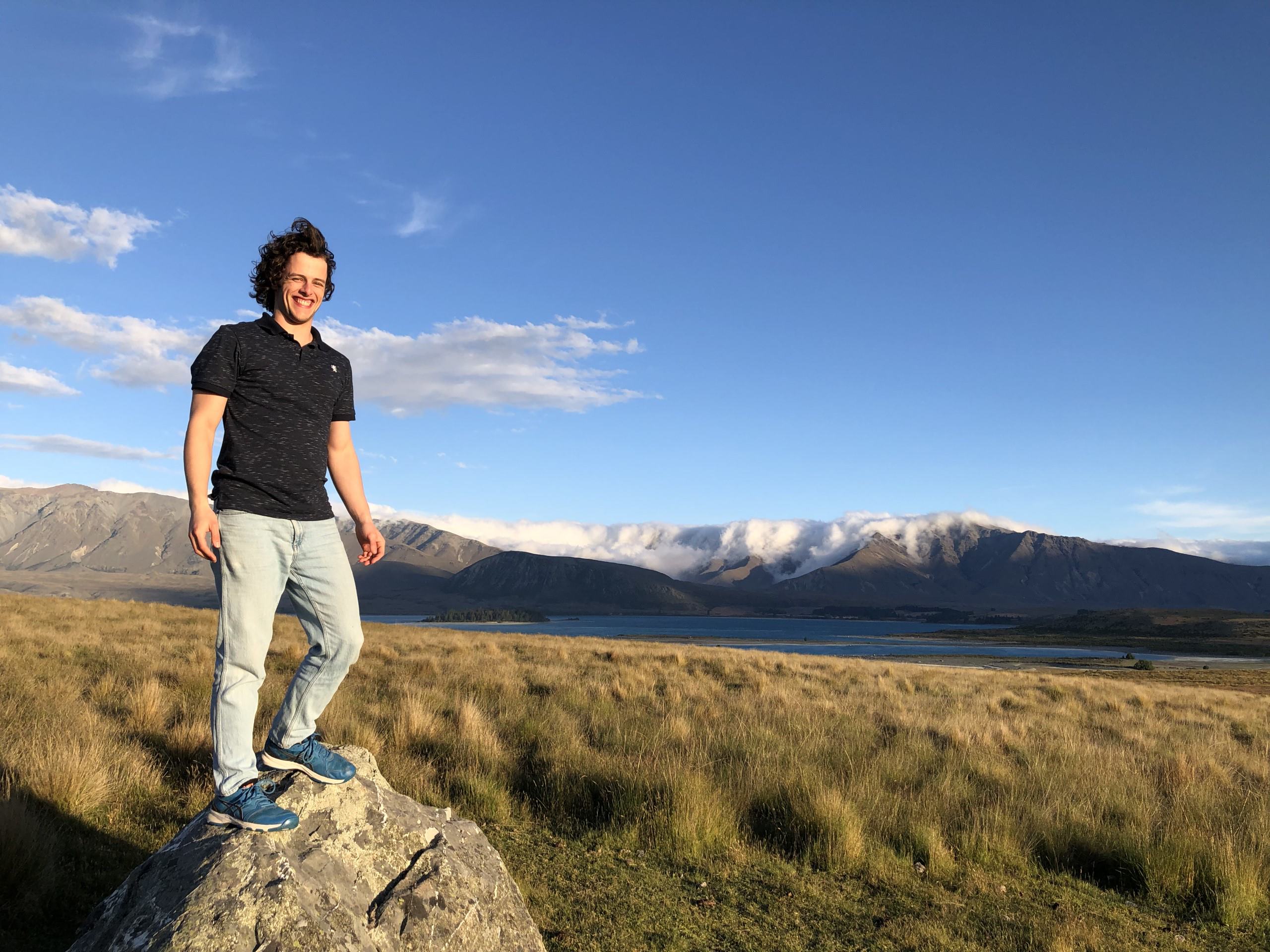
Is an Audiologist a Doctor? Analyzing the ‘Married to Medicine’ debate
November 21, 2016
Easy Tips to Survive Family Gatherings if you have Hearing Loss
November 23, 2016Ask Anna: What’s the difference between a PSAP and Hearing Aid?

Ask Anna is a weekly advice column for the hearing loss community.
Dear Anna,
My father has a difficult time communicating with his friends and family. He watches TV with the volume too loud, and we always have to repeat things we say to him. His doctor has told him that he has hearing loss from his work in a factory, but he cannot afford hearing aids. I’ve heard that “hunting aids” or Personal Sound Amplification Products can be bought over-the-counter and for less money. Do these work for people with hearing loss? What is the difference between a PSAP and Hearing Aid? – James in Michigan
Dear James,
This is a question that comes up a lot. It can be really confusing for people to figure out what the difference between the technology because the marketing, wording and imagery that is used to promote personal sound amplifiers (PSAPS) and hearing aids (HA) can look very similar.
Fortunately, the U.S. Food and Drug Administration has a definition and regulations for the products.
- A hearing aid is a medical device that addresses hearing loss.
- A personal sound amplification product is a non-medical device that provides amplification only
So let’s go a little bit deeper into the differences.
Hearing Aid
A hearing aid is prescribed, this means that it is programmed with an algorithm to fit your individual hearing loss. The computer inside the hearing aid provides different levels of amplification at different frequencies. It also contain features and functions that are able to digitally manipulate sounds. For example: to improve speech understanding and maintain or enhance comfort. Depending on the type of hearing aid, the technology will do this automatically.
Hearing aids are fit by qualified audiology professionals who, in addition to fitting, fine tuning and adjusting the hearing aids to suit the patient. The audiologist will also offer other valuable services with the purchase of the hearing aid, such as counselling, rehabilitation support and needs-assessments.
PSAPs
A personal sound amplification product provides amplification for environmental sounds. Typically, these devices are bought over-the-counter and do not provide amplification based on individual hearing loss. An audiology professional is not involved in the fitting. It is a one-off consumer purchase so normally no additional services will be included.
The decision to choose either a PSAP or a HA is a personal decision and can be based upon many factors such as budget, readiness to accept a hearing aid or level of hearing loss.
As an audiologist, I would recommend that if you feel your hearing level has changed or you are noticing that it is not so easy to follow conversations, go and get a hearing test at a local hearing care professional’s office. When you visit a hearing care professional, there is no commitment to buy anything. Most hearing tests are free or are available for a very reasonable price. There are also some good screening tests that you can do online if you don’t want to book an appointment at a clinic.
I hope this helps you make a decision for your father!
-Anna



